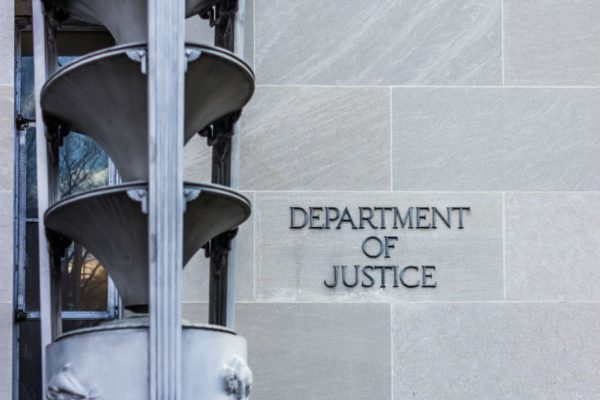It should not come as a surprise. We certainly have had enough hints that U.S. Attorney General Jeff Sessions was planning on repealing the Obama administration’s 2013 hands-off policy — known as the Cole memo — regarding enforcement of federal marijuana laws in states where recreational use is legal.
To date, that includes eight states and the District of Columbia. The most recent convert is California, which legalized recreational marijuana use on Jan. 1.
Here is the bottom line. The criminal justice response to drug use has failed. And Sessions’ repeal of the Cole memo is simply another page from that tired old playbook that has no basis in fact.
Sessions has a long history of concerns about marijuana. As attorney general of Alabama in 1996, he supported a mandatory death penalty bill for a second conviction for marijuana trafficking (including marijuana dealing). He has since made no secret that he “is dubious about marijuana,” that “good people don’t smoke marijuana,” and that “it is a very real danger.”
Scientific evidence does not appear to be a high priority for Sessions or the Trump administration. That is obvious from their approach to the opioid crisis, from President Donald Trump saying just don’t start using and you won’t have a problem, to Sessions saying we need to “create a culture that is hostile to drug abuse.”
So we either Just Say No or we ramp up the war on drugs. How well have those approaches worked in the past? Not well.
Prior to the announcement about repeal of the Cole memo, the key drug policy initiative has been to require U.S. Attorneys to charge the most serious offense in federal drug cases, with the goal being the maximization of punishment. It is obvious that the only response that the Trump administration has to drug use is punishment. It seems they have not seen the memo that reports that the recidivism (reoffending) rate of drug offenders is 77 percent.
I want to be clear. I am not a marijuana advocate. I don’t really have an opinion about whether someone should use marijuana recreationally just as I don’t have a position on recreational use of alcohol. I would add, however, that there are potential harms associated with any substance use, harms that include abuse, dependence and addiction, and a variety of behavioral and physical health implications.
One issue opponents to marijuana legalization, including Sessions, claim is that marijuana is a gateway drug, meaning it leads to the use of harder drugs such as crack or heroin. The evidence they cite is that among users of harder drugs, the majority used marijuana at some point. What they fail to appreciate is that the gateway argument also requires that among marijuana users, the majority of them use harder drugs. That is not the case, according to the National Institute on Drug Abuse, a branch of the National Institutes of Health.
In 2015, there were 1.6 million people arrested on drug charges, and nearly half of those were for possession of marijuana. The war on drugs is alive and well despite the fact that the vast majority of the experts and the majority of the public have concluded it is a dismal failure.
In fact, a recent poll from the Pew Research Center indicates that nearly three-quarters believe that the government should provide treatment for people who have drug problems rather than prosecuting people for drug use. Moreover, between 55 percent and 65 percent believe marijuana should be legalized.
Of course, Sessions does have an explanation for why public opinion supports a different course of action for the drug problem — “I do believe … that the public is not properly educated on some of the issues related to marijuana.”
Simply put, the criminal justice response does not work. Legalization takes the cartels out of the marijuana business (a good thing), provides revenue to states (a good thing), and keeps hundreds of thousands of individuals out of the criminal justice system (a good thing).
If we are concerned about the fact that people use marijuana or that some users will eventually abuse it and thus develop substance use disorders, federal enforcement will help neither of these concerns. Drug abuse is a medical disorder that requires a public health response. Sessions ought to keep that in mind.
William R. Kelly is a professor of sociology at The University of Texas at Austin. His most recent books on criminal justice reform are “Criminal Justice at the Crossroads: Transforming Crime and Punishment” (2015), “The Future of Crime and Punishment: Smart Policies for Reducing Crime and Saving Money,” (2016), and “From Retribution to Public Safety: Disruptive Innovation of American Criminal Justice,” (2017).
A version of this op-ed appeared in the Houston Chronicle, Fort Worth Star Telegram, Amarillo Globe News, and Austin American Statesman.
To view more op-eds from Texas Perspectives, click here.
Like us on Facebook.




